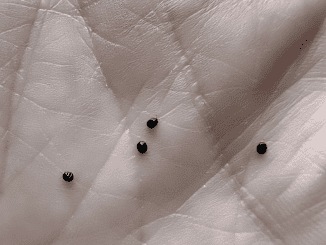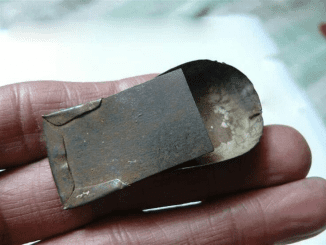Living next to a neighbor who refuses to replace their 15-year-old range hood can be frustrating, especially if you’re concerned about safety. While your neighbor insists their range hood is still functional, you may wonder if it’s overdue for an upgrade. In this article, we’ll explore the lifespan of range hoods, why keeping them updated is crucial, and how to approach safety concerns tactfully with your neighbor.
Why Are Range Hoods Essential?
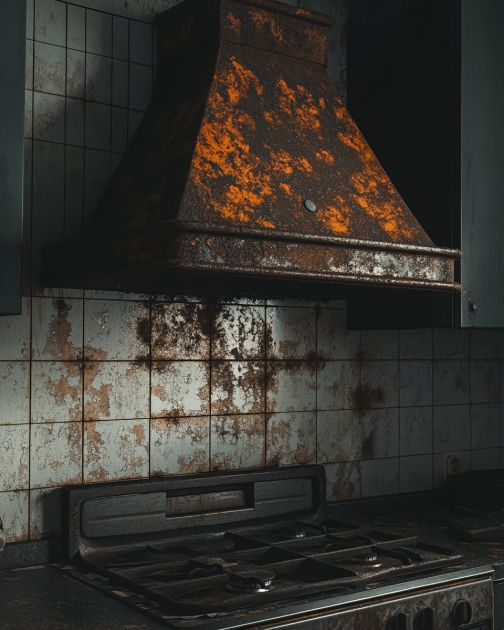
Range hoods are more than just an appliance—they’re a key component in keeping your kitchen safe and your air breathable. These devices work hard to eliminate smoke, grease, odors, and airborne particles generated during cooking. Without them, your kitchen could become a breeding ground for poor air quality and potential fire hazards.
Think of a range hood as your kitchen’s first line of defense. It prevents grease buildup on surfaces, reduces the risk of respiratory issues from cooking fumes, and keeps your home smelling fresh. A malfunctioning or outdated hood can compromise these benefits, making it more than a minor inconvenience.
When to Replace a Range Hood: Recognizing the Signs
How do you know it’s time to say goodbye to an aging range hood? Here are some red flags:
- Weak Suction Power: If your range hood struggles to draw out smoke and fumes effectively, it’s not doing its job.
- Excessive Noise: While some noise is normal, excessive or unusual sounds often indicate a worn motor or faulty components.
- Persistent Cooking Smells: If odors linger long after cooking, your hood’s filtration system may be failing.
- Visible Wear and Tear: Cracks, rust, or other damage can signal that the hood is past its prime.
- Frequent Repairs: If you’ve spent more on repairs than the cost of a new hood, it’s time to upgrade.
If your neighbor’s range hood displays any of these symptoms, it’s likely operating below safe and efficient standards.
How Long Do Range Hoods Typically Last?
Most range hoods have a lifespan of 10 to 15 years with proper care. This longevity depends on factors like quality, frequency of use, and maintenance. High-end models may outlast their cheaper counterparts, but even the best range hoods eventually show signs of aging.
Routine maintenance—such as cleaning the filters and checking for blockages—can extend a hood’s life. However, no amount of maintenance can prevent inevitable wear and tear over time.
Why an Old Range Hood Could Be Unsafe
While your neighbor may argue that their range hood still works, age can introduce several safety risks:
- Electrical Failures: Over time, wires and components can degrade, increasing the risk of electrical malfunctions or even fires.
- Inefficient Ventilation: An older hood might fail to remove harmful gases like carbon monoxide effectively, posing health hazards.
- Non-Compliant Standards: Safety standards evolve. A 15-year-old range hood may lack modern features designed to enhance safety and performance.
When it comes to appliances, outdated doesn’t always mean unsafe—but it often does mean less reliable. Upgrading ensures that both safety and efficiency are prioritized.
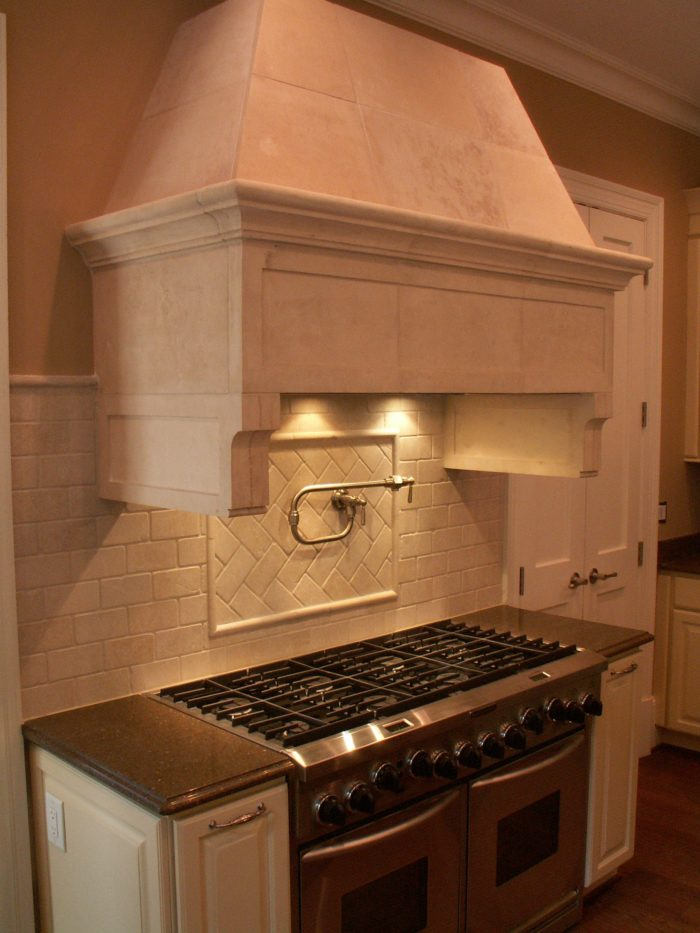
Factors That Influence a Range Hood’s Longevity
Not all range hoods age equally. Here are some factors that can affect their lifespan:
- Frequency of Use: Daily cooking will wear out a range hood faster than occasional use.
- Type of Cooking: Greasy or high-heat cooking generates more residue, causing greater strain on the hood.
- Quality of Installation: A poorly installed hood may not last as long as one installed correctly by a professional.
- Maintenance Habits: Regular cleaning and replacing filters can add years to a hood’s life, while neglect can accelerate its decline.
Encouraging your neighbor to maintain their range hood properly might be a good starting point for addressing your concerns.
Upgrading: Benefits of a New Range Hood
Replacing an old range hood isn’t just about fixing problems; it’s about reaping new benefits. Here’s what a modern range hood offers:
- Energy Efficiency: Newer models use less power while delivering better performance.
- Improved Filtration: Advanced filters trap more grease and odors, keeping your kitchen cleaner.
- Quiet Operation: Many modern range hoods are designed to be significantly quieter.
- Stylish Designs: Upgrade your kitchen aesthetics with sleek, contemporary designs.
Upgrading isn’t just about replacing what’s broken—it’s about investing in better safety, convenience, and comfort.
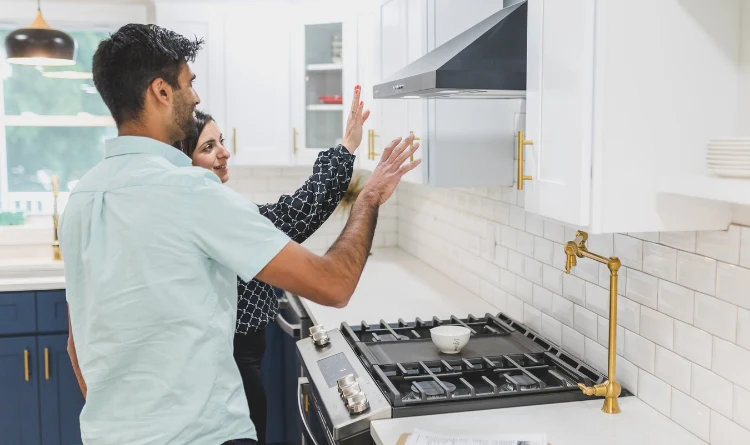
How to Approach Your Neighbor About Their Range Hood
Addressing this issue with your neighbor can be tricky, especially if they’re resistant to change. Here are some tips for a constructive conversation:
- Start with Empathy: Acknowledge their perspective. They may see no reason to replace something they believe still works fine.
- Share Your Concerns: Explain why you feel their range hood could pose a safety risk. Highlight issues like outdated wiring or reduced air quality.
- Offer Information: Provide resources or articles about the lifespan and maintenance of range hoods to back up your points.
- Suggest Compromises: If they’re hesitant to replace it outright, suggest professional maintenance or inspection to ensure it’s still safe.
- Be Patient: Change takes time. Your goal isn’t to pressure them but to raise awareness and encourage thoughtful action.
A collaborative, non-confrontational approach can go a long way in easing tensions and fostering mutual understanding.
Conclusion: Safety First, Always
Range hoods may not be the star of the kitchen, but they play a vital role in maintaining safety, air quality, and comfort. While your neighbor’s 15-year-old range hood might still work, its age raises legitimate questions about efficiency and safety. By understanding the lifespan of range hoods and the benefits of upgrading, you can make informed decisions for your own home and address concerns with your neighbor.
Remember, the heart of this discussion isn’t just about an appliance—it’s about fostering a safe and healthy environment for everyone involved. After all, when it comes to safety, it’s always better to err on the side of caution.
